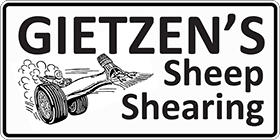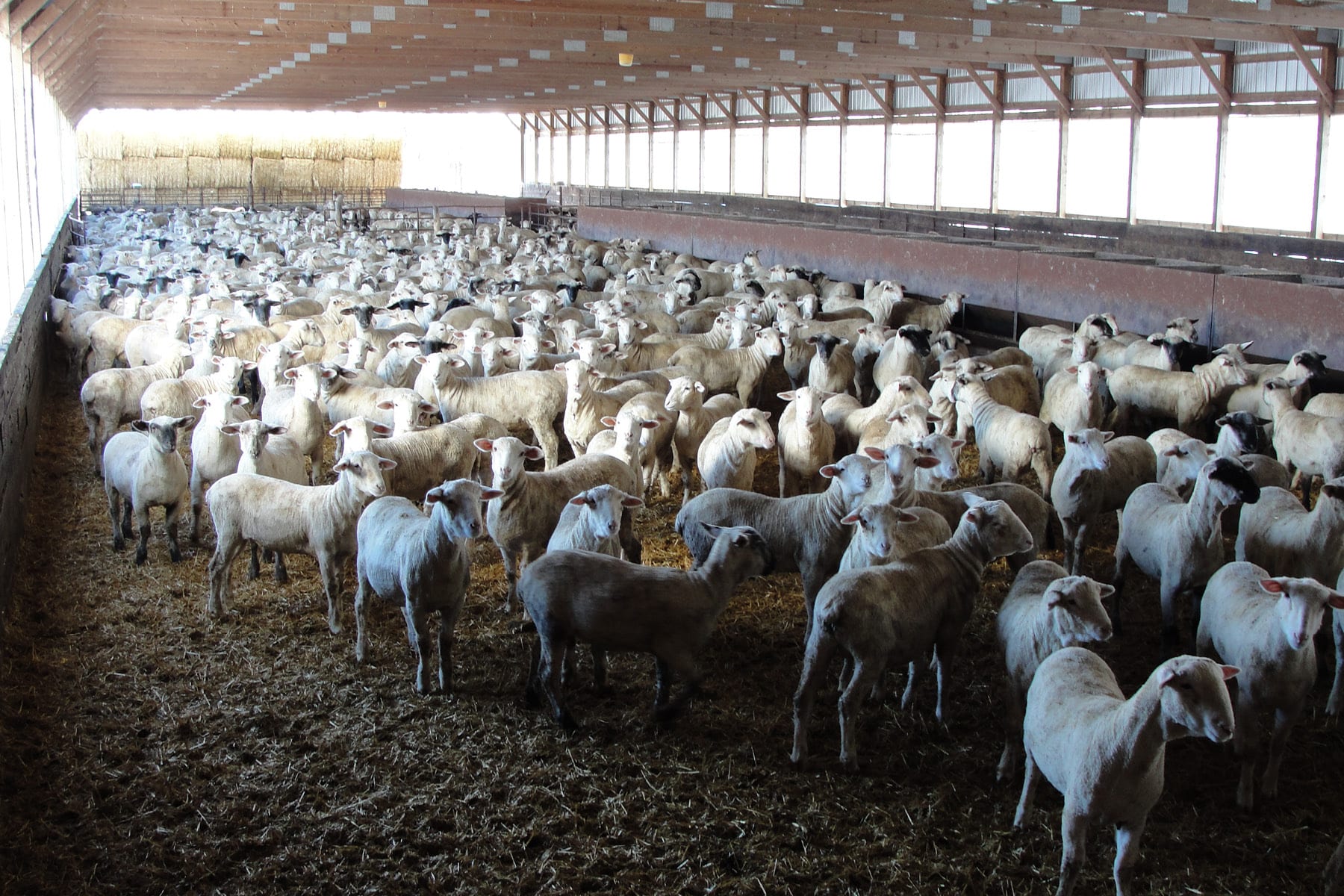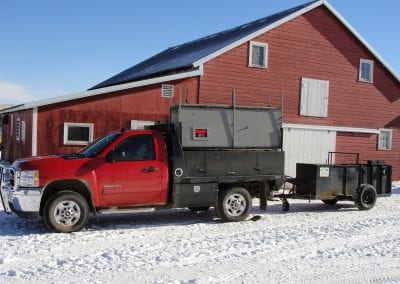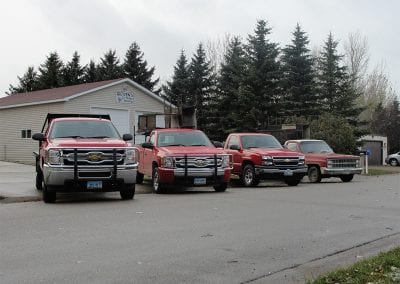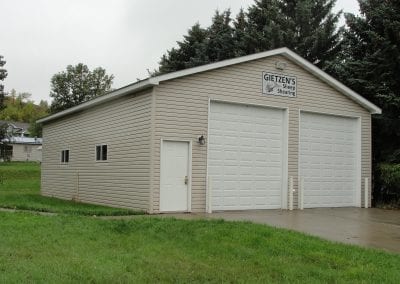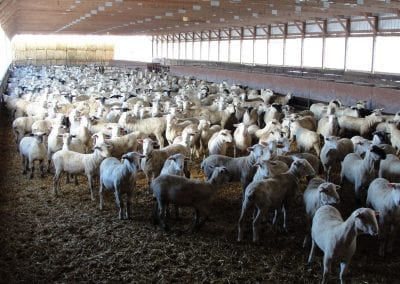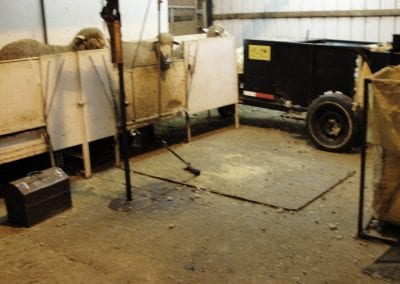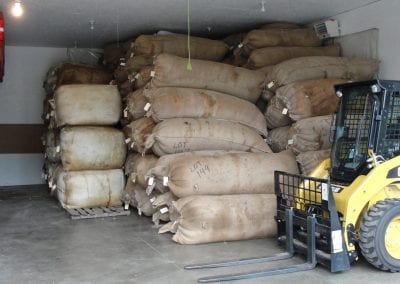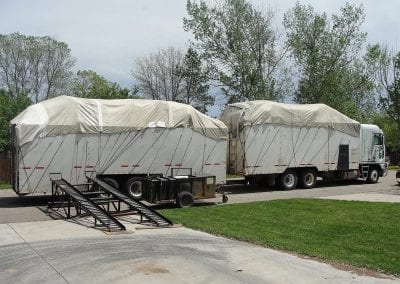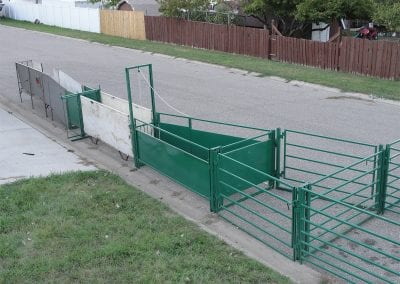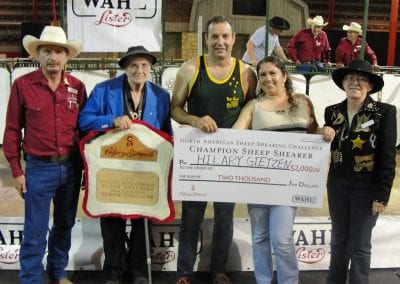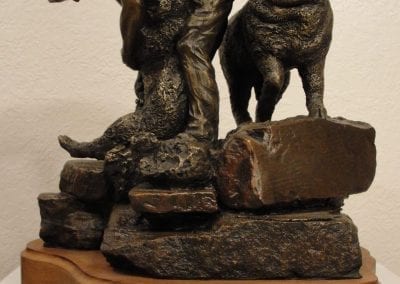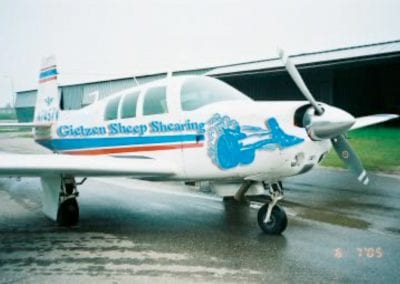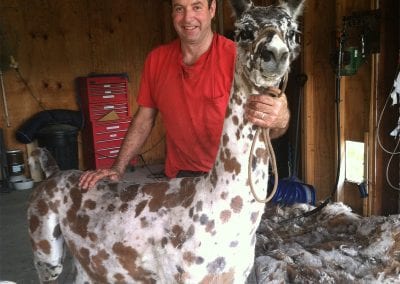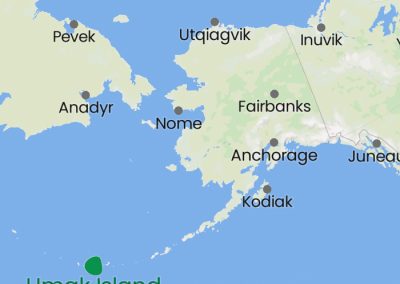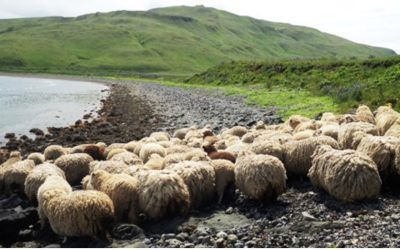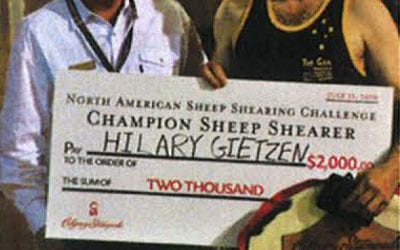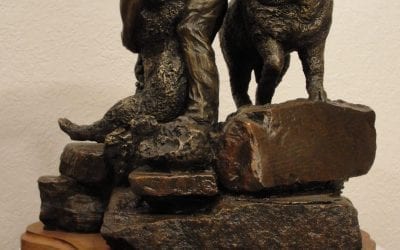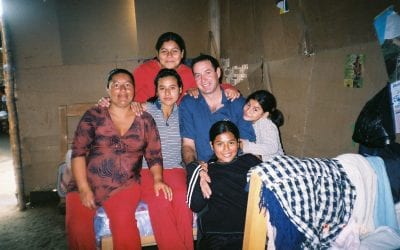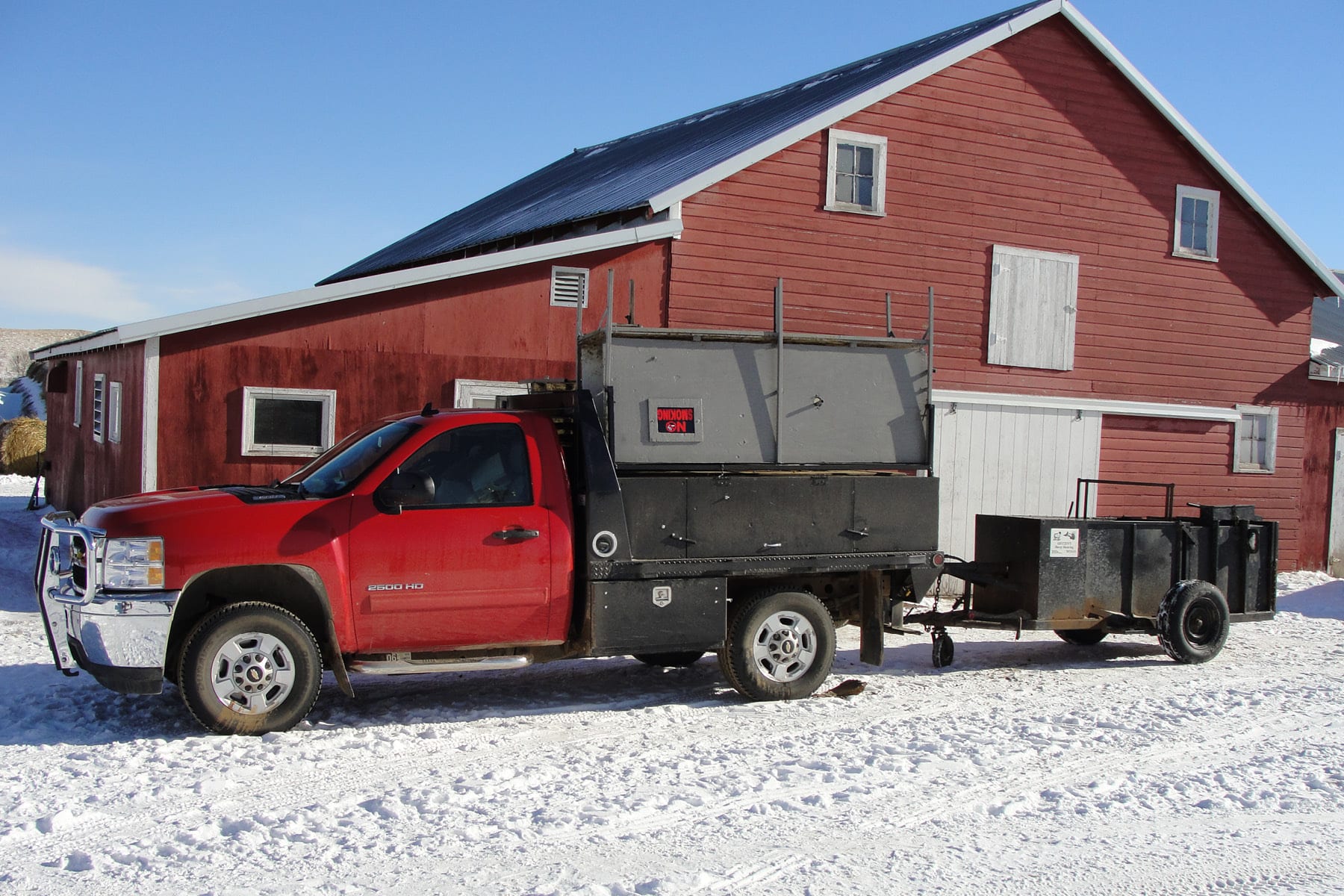
Contact Us
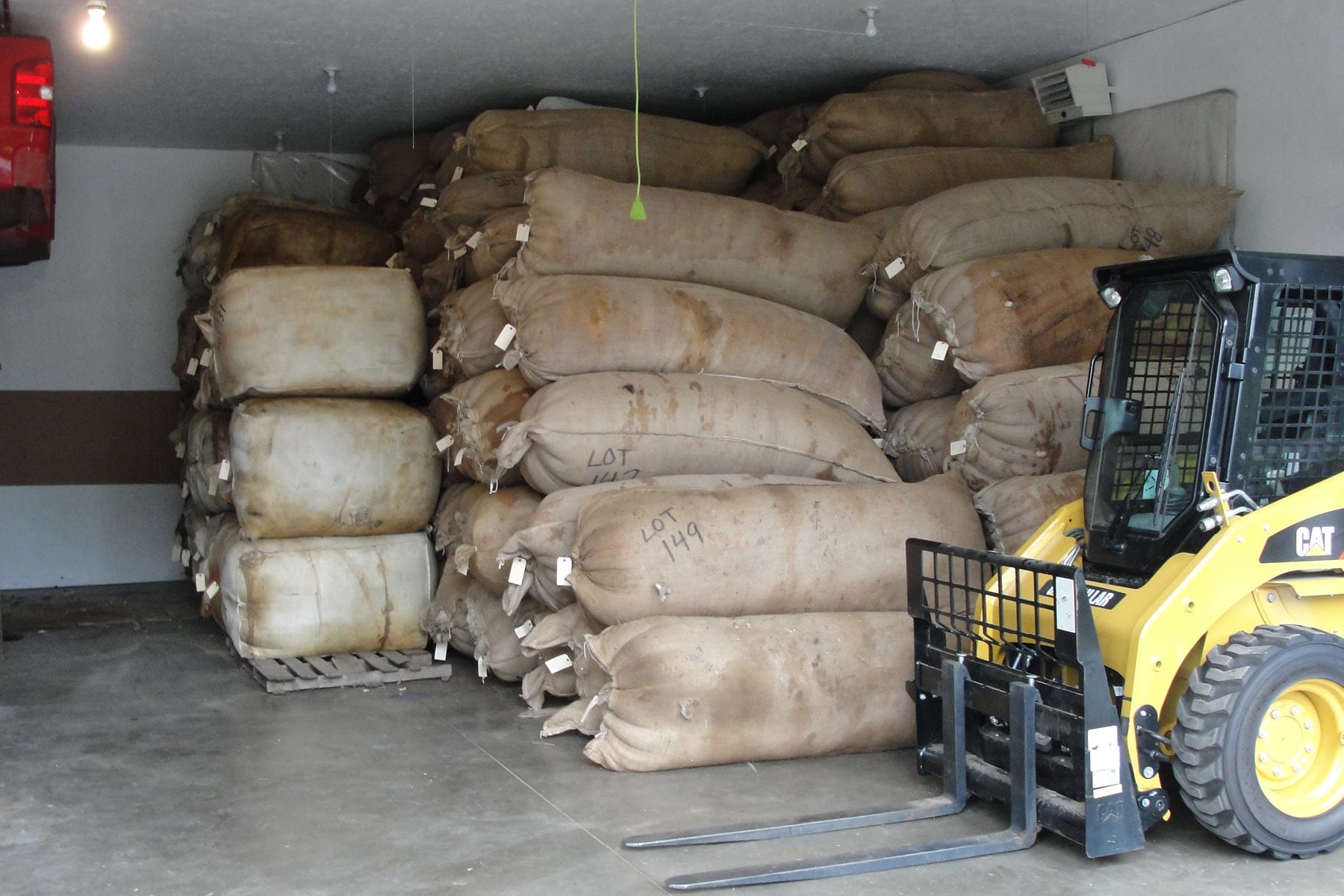
Our History
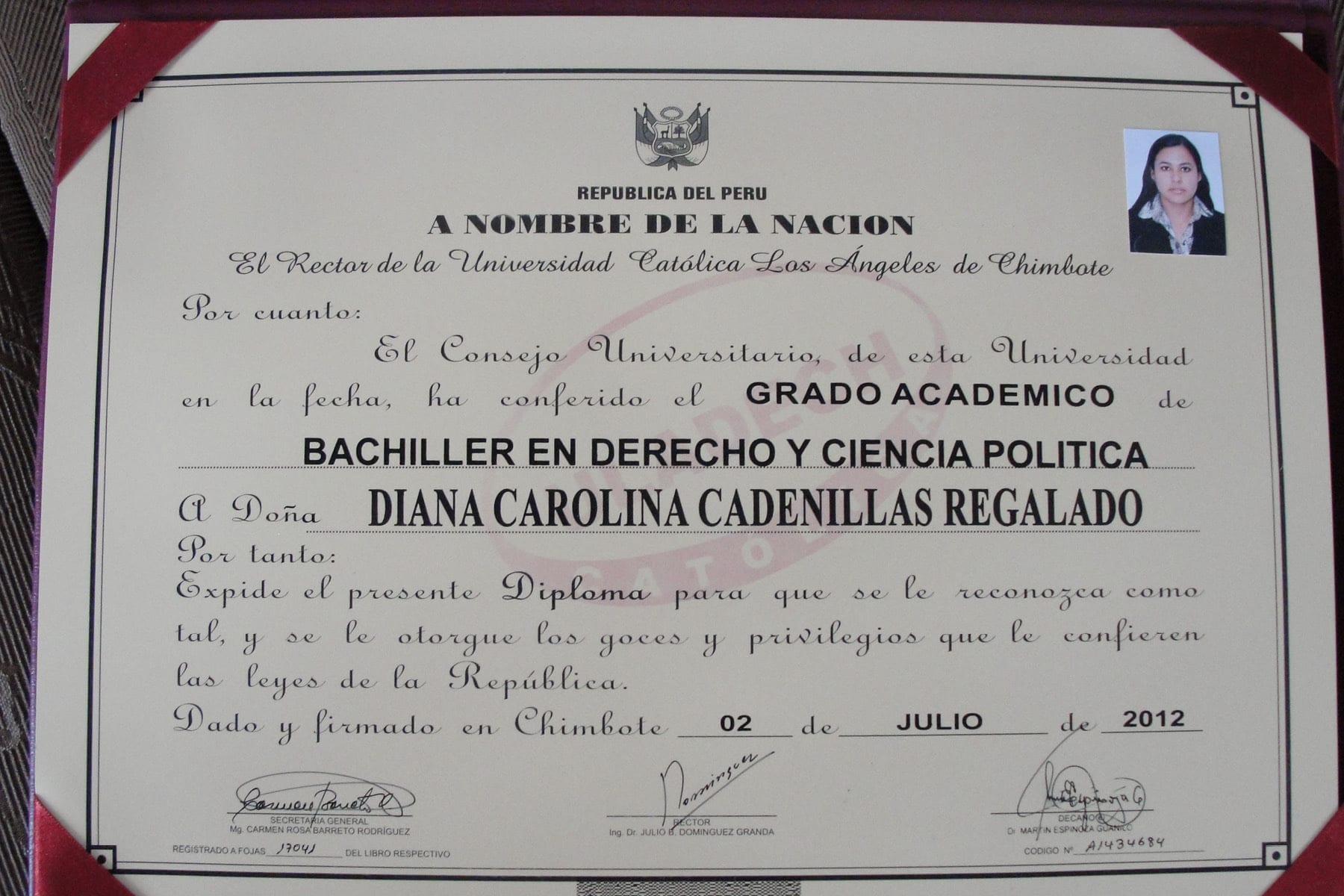
Adventures
Shearing sheep is the most deceiving job I know of. It looks easy, but sheep shearing is rather difficult, and requires a great deal of concentration; nothing beats experience in shearing sheep. We are harvesting your wool crop, and your preparation is going to have a direct influence on the outcome of the job. Some things that make the job more difficult are sheep that are thin, over fat, over sized, or dirty.
Since shearing sheep is what I do for a living, I use the best and most modern equipment available. Having a good hand-piece, combs and cutters, and having everything sharp is an important part of doing the job properly. In turn, I don’t want you to interfere by giving the sheep shots or trimming feet anything that interferes with shearing. I have portable chutes, a hydraulic wool packer, and a wool press available. I also have wool sacks and wool packs for sale.
When shearing your sheep, I do my best to start the day early and on time. I establish a route to keep mileage and driving time to a minimum. I can only be one place at a time to shear, but if I know ahead when you want your sheep sheared, I can work in as many jobs as possible while shearing in a given area. In turn, I expect you to have your sheep in, off feed, and dry. Have everything you can set up, and have your help there.
– Hilary Gietzen
Experience Matters
With over 40 years of experience you can be confident you are hiring somebody that will showcase speed, skill and safety.
Good Equipment
With two round wool packers, three square wool presses, and wool sacks/packs for sale we have the equipment to ensure you are taken care of properly.
Size Does not matter
We have worked with flocks as small as one and some as large as 80,000 – whatever the size of your flock, we will help!
We're Portable
We have portable chutes that allow us to travel to you and take care of your flocks. The convenience is great!
Dependable Service
You can trust that we will show up and back our work. We also have facilites where you can bring sheep to be sheared.
what we shear
We shear a wide range of animals including Sheep, Alpaca, Llamas, and Angora Goats.
Our History
It all began when...
I didn’t get enough sheep sheared to pay my for shearing equipment the first year, so I was committed to doing it a second year. After the second year, I enjoyed the job and decided to continue. My junior and senior years, I sheared enough to pay for the first year of college. I went to college in Denver, Colorado where I would shear in feedlots on weekends. I took off the last quarter of school to come home to shear. I advertised throughout the whole state, but found work northwest of Minot, where there was an old shearer wanting to retire.
Expansion began to happen
As the years went by, I was getting to know more people, and getting a route established shearing sheep in the Minot area. In 1986, I took a feedlot job at Oriska, N.D, where I had several thousand head. It was there I had my first day of shearing over 300 head. In 1988 I had the opportunity to shear in New Zealand; I went to an advanced shearing school, and then I sheared on a crew. The sheep in the north island of New Zealand shear easy and fast. I was able to shear about 40-45 per hour. The next year I went to Western Australia, where I worked with fine wool merinos with wrinkled necks, I couldn’t get big numbers only 15-20 per hour, but the experience on the fine wool has been helpful through the years. I ended up working two seasons in New Zealand and two seasons in Australia
Then, we began to fly
In 1989, I added an airplane to the business, it never really paid off, but it made the farther jobs more fun to go to. I was also shearing in a lot of contests, and was doing a lot of traveling for that. The prize money from the competition usually paid for the trip.
After my daughter was born in 1992, I never went back to the South Pacific, but took shorter trips, only 3-4 weeks, shearing in the United Kingdom and northwestern Europe. I also worked in Mexico and Canada.
And so it continues
This last season made it 44 years of shearing. I have a route established with about 300 regular customers in North Dakota, South Dakota, Montana, Minnesota, and Iowa. I shear alone most of the time, shearing around 160 on an average day. By shearing alone, I can operate more efficiently, shearing more sheep with less miles of driving. Most farmers like me to come alone because it takes less help. We all know how hard it is to hire help when you mention shearing sheep. Most flocks of sheep I shear are between 80 and 400 head, however, many flocks are less than 100, recently did a flock of over 2,200, and a feedlot with more than 18,000. I also do a lot of small flocks to fill up the day.
I would say the main reason for my success in this business is because of quality workmanship and dependability. I am looking forward to many more years of shearing.
Adventures
North to Alaska …
By Hilary Gietzen The thought of going to Alaska to shear sheep didn’t come at once, rather one thought or idea led to another, particularly with the idea of going to Alaska on a motorcycle. While in my last year of high school, I bought a new motorcycle, and used...
Gietzen wins Dakota dust-up to claim Stampede shearing crown
Gietzen, who has a commercial pilot's license and flies a four-seater Mooney as part of his shearing operation in Minot, N.D., had won many contests at county and state fairs but had never won the North American Sheep Shearing Challenge at the Calgary Stampede. But...
2010 CHAMPION GIETZEN REPEATS AS NORTH AMERICAN SHEEP SHEARING CHALLENGE CHAMPION
Calgary – In 2012, Hilary Gietzen of Minot, ND was the runnerup in the North American Sheep Shearing Challenge. Some people might think that was a pretty good result. Gietzen isn’t one of them. “I wasn’t second. I was first loser,” says Gietzen. The sting of his...
A Journey to Peru
My project started in 2005. Although I had made it to several continents shearing sheep, I really had never seen poverty. I had always wanted to do some charity work, and when an opportunity came, I was there. I was...
